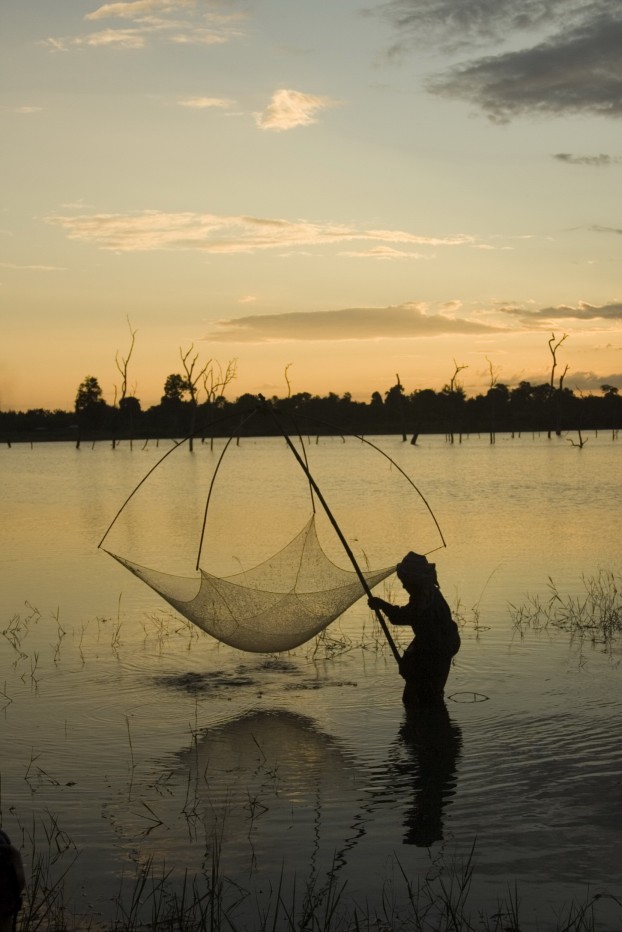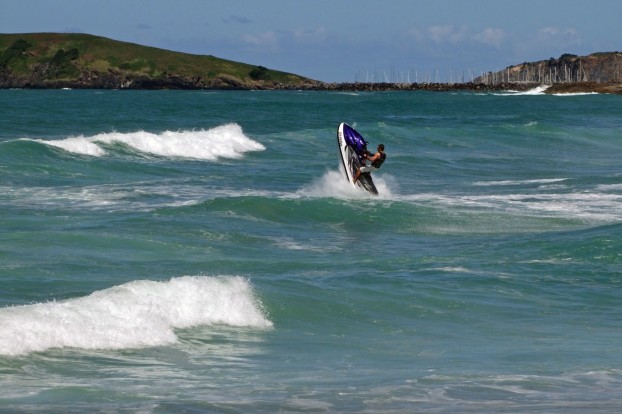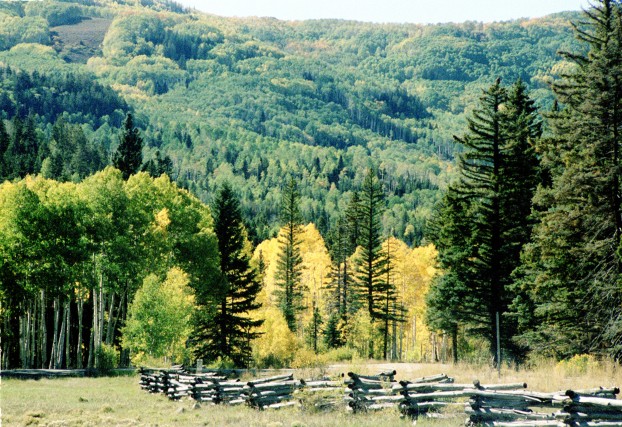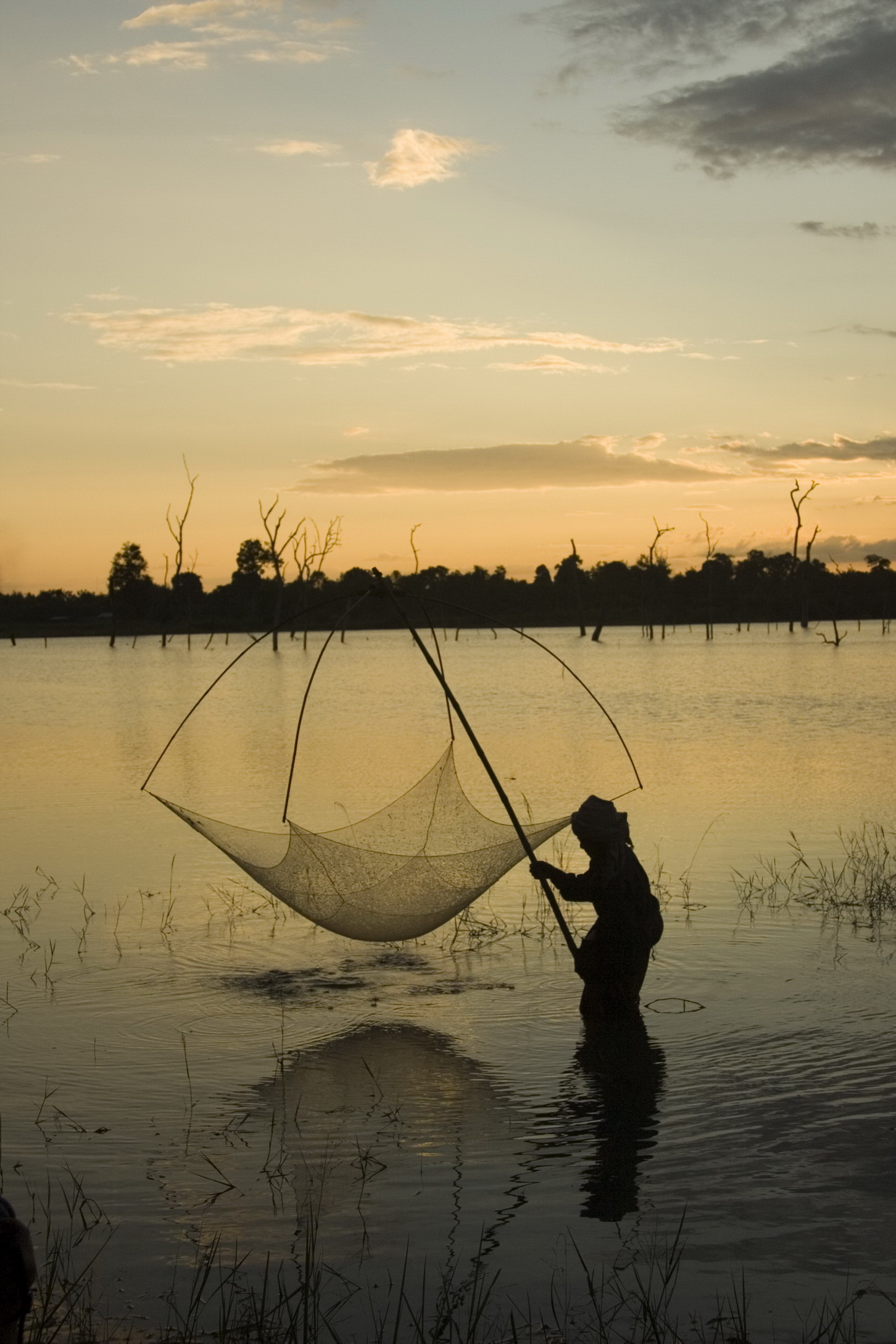Fishing is not only an economic activity but also a great hobby people engage in all over the world. It’s even more pleasant if you do it from a fishing lodge instead of camping in the woods. Someone might ask himself or herself what it is and how it is different from an eco lodge. You might have come across the terms eco lodges and fishing lodges, and wondered what the difference was between the two. I know this is very common, especially when it comes to someone who has never been to either. Although they may sound similar, these two terms do have different meanings.
Eco Lodges vs Fishing Lodges
First, we start by distinguishing precisely the two terms. An eco lodge, also known as a green hotel, is a type of accommodation facility that is built most commonly near national parks, game reserves and other tourist attraction sites and have very little impact on the environment. On the other hand, fishing lodges are accommodation facilities near well known fishing spots where you can enjoy fishing and retire to modern accommodations while enjoying the beautiful scenery of the fisheries.

After knowing the difference between these key terms it’s also essential to know that a lot of differences exist between these types of lodges. To start with, fishing lodges are situated near water bodies while eco lodges are usually situated in dry land such as wildlife parks and game reserves. This is mainly because its quite automatic for fishing lodges to be near fisheries but for the case of eco lodges its not necessarily a must that they be situated near water.
Secondly, the major activities that take place in eco lodges include wildlife observation (which is organized by the locals), visiting the area to learn about the traditions and cultures of the locals and indulging in their festivities so that you can learn about their way of life and, before you leave that particular place, you’ll become somewhat of an expert on the locale. Check out National Geographic’s World’s Top 50 Eco Lodges for some ideas.

On the other hand, the main activities at fishing lodges are sport fishing, making fishing trips a relaxing and rejuvenating way of spending a holiday. Fishing lodges are not only places for the tourists to temporarily dwell in but also allow the different tourists to interact with each other and share their stories about their fishing trips.
In an eco lodge you’ll most likely find land wildlife and plant life; while in fishing lodges, aquatic life is what you’re likely to find, although one can find some types of aquatic plant life. Many eco lodges specialize in adventure travel, and work closely with the local population to provide a multitude of activities that can range from waterfall rappelling, mountain climbing and tree climbing to back packing and river expeditions. Many will even provide historical or educational based activities, giving you a chance to learn about the local history and surrounding nature.

When it comes to staying at a fishing lodge, the tourists and guests not only just relax but they also get unforgettable fishing experiences of a lifetime. Constant interaction with the other visitors helps them know the experiences of the other travellers too. The beauty of the scenery and the calm, sometimes aggressive ocean has a lot to teach. In a fishing lodge you will find varieties of fish like trout, Chinook, pink, steel head and others. In Canada some of the best known fishing lodges are on the west coast, such as West Coast Fishing Lodge.
Lastly, eco lodges reflect the design and heritage of the local cultures, situated in a natural setting that has been carefully preserved amongst the local plant life. They will also be built from locally harvested, sustainable and recyclable materials, with their energy needs met by environmentally friendly means. While most fishing lodges don’t incorporate any local design or heritage because the major concern of the guests is to have fun.
Featured images:
- License: Image author owned
- License: Image author owned
- License: Image author owned
Victoria enjoys the outdoors, including fishing, mountain climbing, hiking and exploring the beautiful nature of British Columbia. She’s currently working with West Coast Resorts on Vancouver Island.

